
Runners take part in a marathon in Harbin, Heilongjiang province, on Sunday. (LIU YANG/FOR CHINA DAILY)
Spread across the vast landscapes of China, two thrilling marathons were held over the weekend in Harbin, Heilongjiang province, and Lhasa, Tibet autonomous region, demonstrating the sport's growing allure in recent years.
The 2023 Lhasa Half-Marathon took place in Tibet's capital on Sunday, drawing 4,000 runners to tackle the formidable high-altitude landscape. The largest event of its kind in the region consisted of a half-marathon, a 10-kilometer run and a 5-km health run.
At an imposing 3,650 meters above sea level, China's highest-altitude marathon is particularly challenging due to the low oxygen level in the atmosphere.
The Lhasa Half-Marathon organizing committee requires all runners to have experience in subplateau or plateau competitions from the past two years.
"I had full courage to challenge the highest-altitude marathon before the race started, but there is really a big difference between running on the plateau and the plain areas," said runner Li Guihua after finishing the 21-km half marathon in 2 hours and 34 minutes.
The 70-year-old from Shanghai has run more than 10 marathons this year. "Usually I can finish the half marathon within 1 hour and 52 minutes," he said. "However, I am quite satisfied with my performance since I managed to finish the race before the cutoff time of 3 hours."
During the competitions, the organizing committee supplied oxygen at each aid station, and also arranged for cultural performances and intangible cultural heritage exhibitions at the start and finish lines.
Three service stations were set up along the routes, providing performances such as traditional Tibetan circle dances, gymnastics, fitness exercises, tai chi and tai chi sword presentations for the athletes.
The competition included post-race recovery areas, medical service stations and oxygen supplies, including post-race oxygen tanks, to assist athletes in their physical recovery.
After fierce competition, Sonam Tsering won the men's half-marathon in 70 minutes and 3 seconds, and Tsering Tsomo won the women's half-marathon in 83 minutes and 48 seconds.
"I am very happy to win in my hometown today," said Sonam Tsering. "I have also participated in a half-marathon in Shanghai and in the national marathon championship in the past, where my rankings were all within the top 10.
"Nowadays, more residents in Tibet are interested in sports and fitness, so we see many running groups and clubs in various activities."
Meanwhile, in the far northeast of the country, the city of Harbin hosted 30,000 runners, marking the triumphant return of the Harbin Marathon after a three-year hiatus.
The event, including a full marathon, a half-marathon and a minirun, attracted participants from 20 countries and regions.
The well-designed route includes the bridge across the Songhua River and other landmarks, such as Harbin Music Corridor, Sun Island Park, Harbin Government Square and Qunli Music Square.
The race impressed Kenyan runner, Muhia Kennedy Njogu, who was crowned champion of the men's half-marathon.
"Harbin is a very beautiful city. I am blown away by the European-inspired architecture and picturesque routes," Njogu told local media after finishing in 64 minutes and 56 seconds. "The comfortable weather helped me maintain a good state."
Technology also played a significant role in the race, with each runner provided with a unique artificial intelligence-generated documentary capturing their marathon journey.
"I have been a marathon enthusiast for over 14 years and it was not easy to have images or video of my own during the competition," said runner Zhao Yingkai. "I downloaded my own short video immediately after the competition.
"I can watch myself in the video among numerous competitors. I published it on my social media platform and received lots of praise, which brought me more encouragement to continue my running in the future."










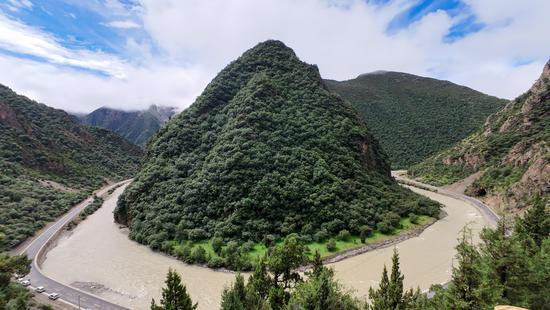

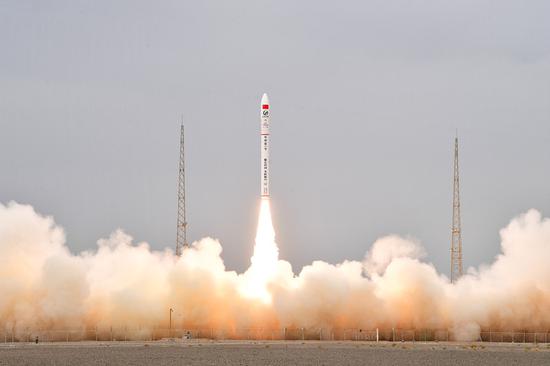




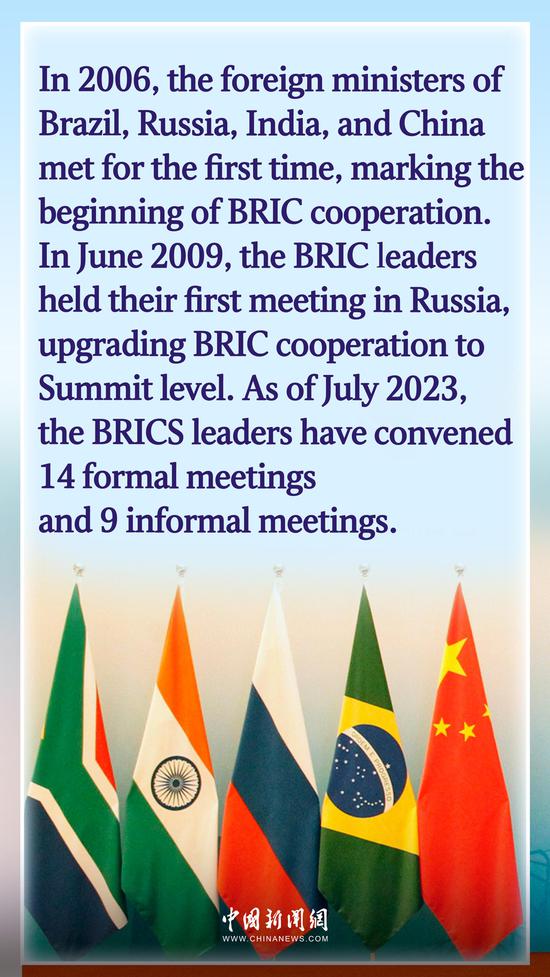

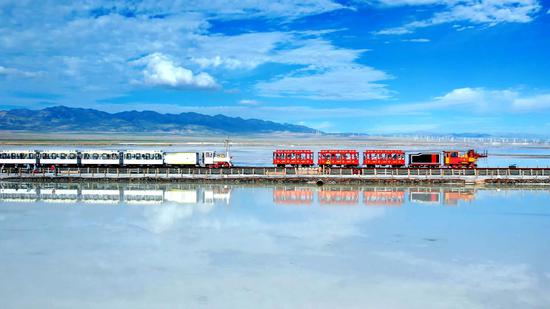

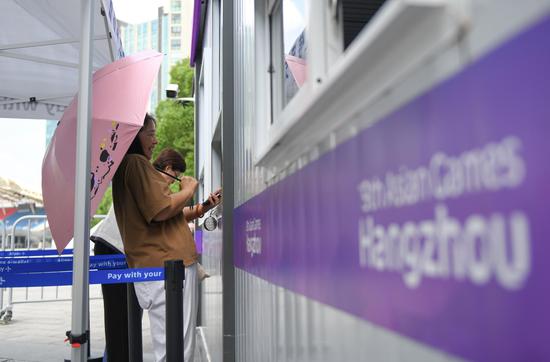
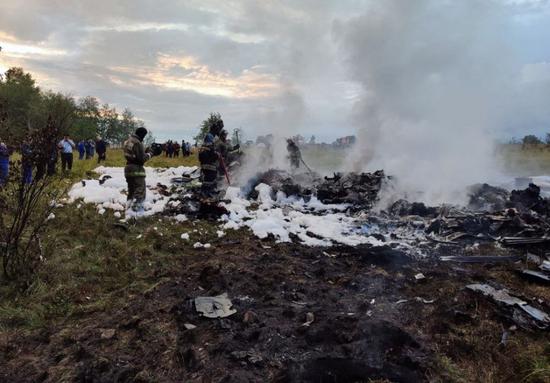

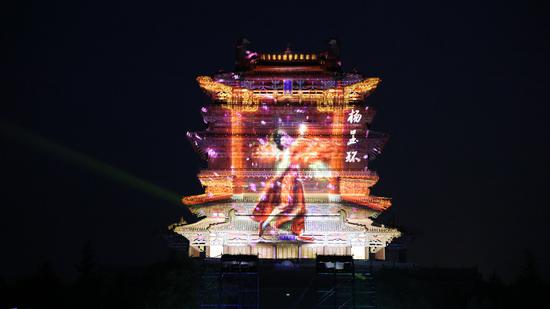

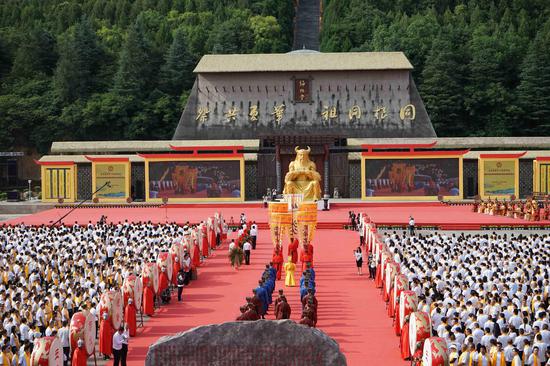

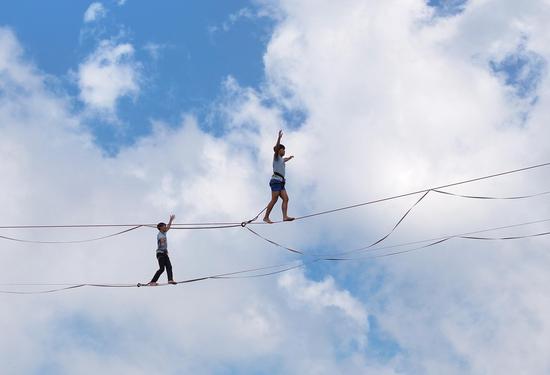
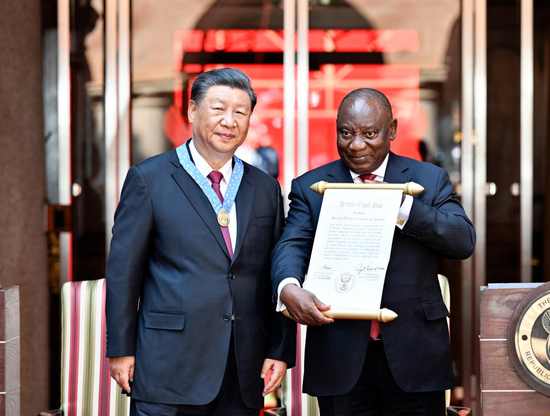



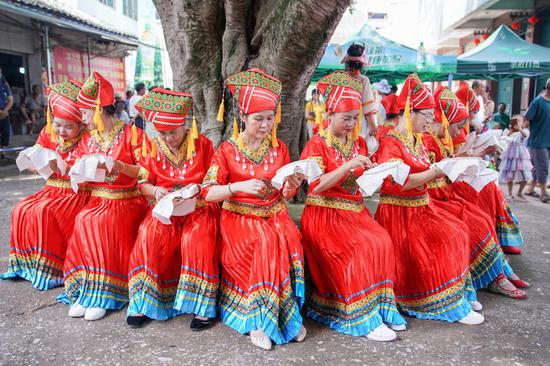

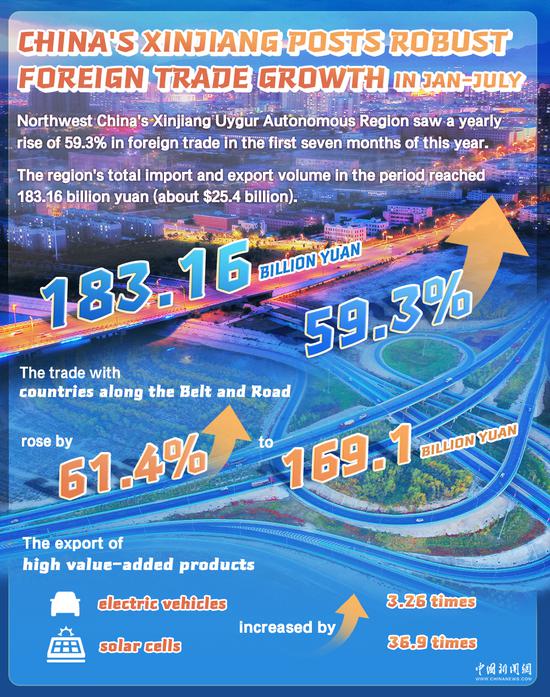
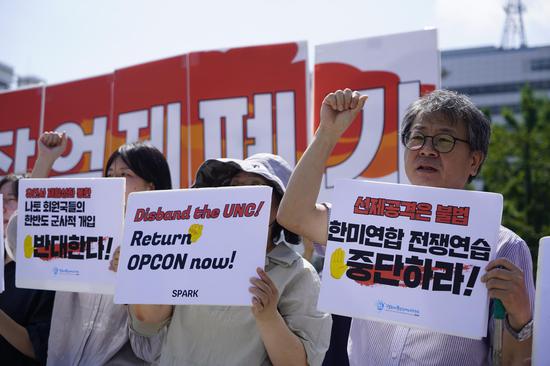

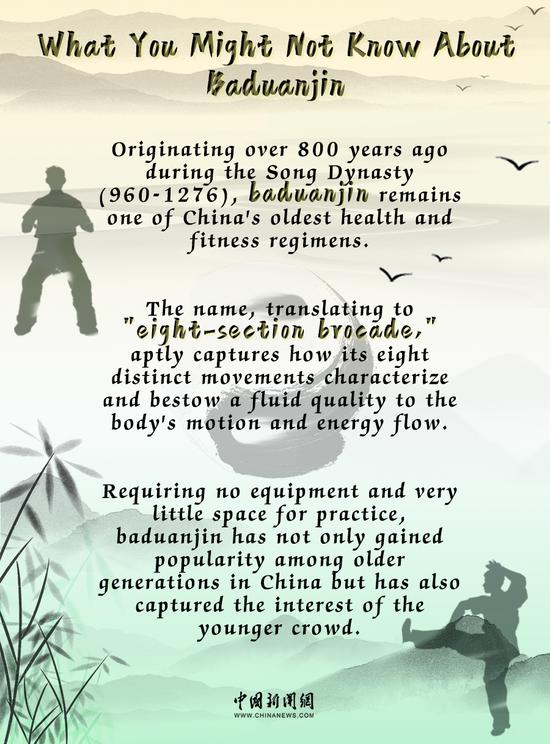

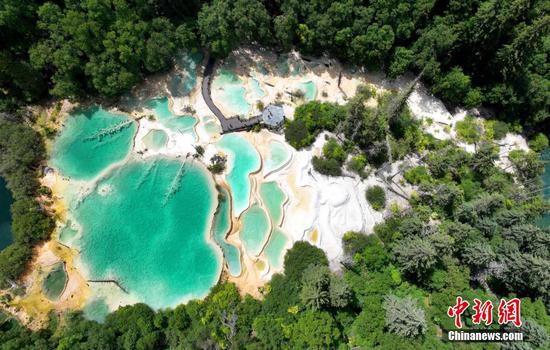
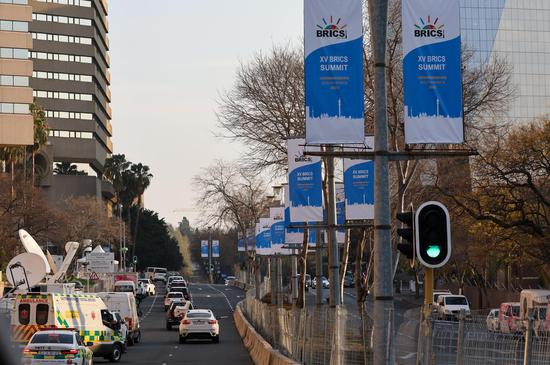
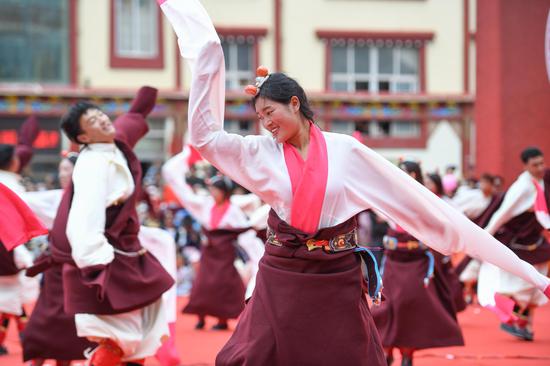







 京公网安备 11010202009201号
京公网安备 11010202009201号